In a great outcome for WA anglers, Fisheries Minister Don Punch recently announced the herring bag limit is to be increased from 12 to 20 from 1 October.
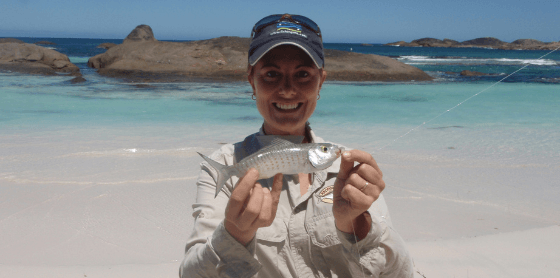
This is in line with advice provided by Recfishwest to the Minister in April calling for the increase.
The advice was based on DPIRD’s scientific assessment that showed herring have made a strong enough recovery to allow for an increase in the bag limit without slowing down the continued growth of the herring stock.
Recfishwest CEO Dr Andrew Rowland said, “We’re really pleased to see the Fisheries Minister has listened to fishers’ views and responded to the strong herring stock recovery with this positive outcome.
“Herring brings pleasure to a wide range of anglers including mums, dads and kids, with a wide range of fishing ability. It truly is the ‘people’s fish’ and we will continue to make sure there will be plenty of them around for people to enjoy forever.”
Thanks to more than 4,000 of you who responded to our survey, we were able to gauge community views on what the revised bag limit should be in light of the strong recovery of the stock.
It was great to see how many people care about the future of this hugely valued species.
As our survey results showed, a majority of 32 per cent of you who responded called for an increase in the bag limit to 20, while 27 per cent favoured the bag limit staying at 12. Only 11 per cent called for a return to the former bag limit of 30.
See a full summary of our recent herring bag limit survey here.
This response from the public built the foundations of this recent decision and it is a great result in prioritising herring for recreational enjoyment and human consumption.
Future management decisions on herring will be guided by future stock assessments, community sentiment and the outcomes of a herring working group.
See the media release from Fisheries Minister Don Punch here.
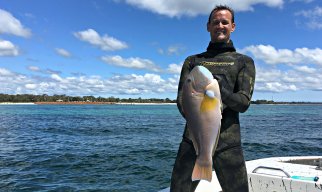



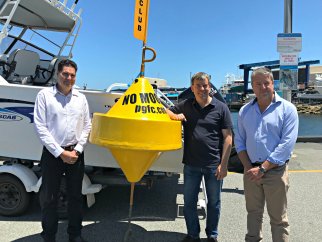

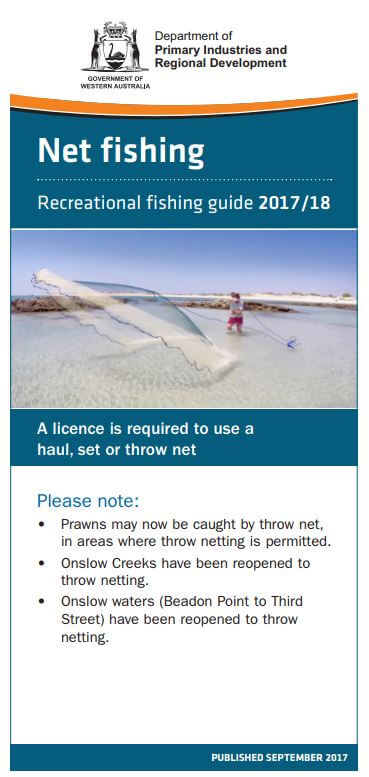
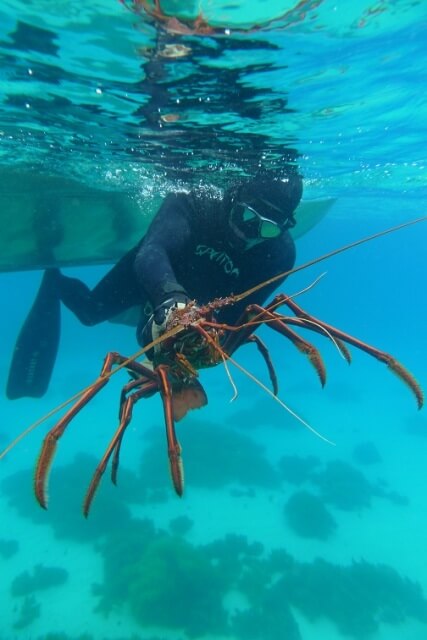 In July’s edition of Recfishwest’s Broadcast newsletter, we stated our firm belief that people diving for crays must be afforded the same opportunity as those who use pots and be given 5 minutes to sort their catch once safely aboard their boat. Recfishwest wrote to the Minister of Fisheries who subsequently requested Fisheries liaise with Recfishwest to ‘review fishing arrangements prior to the season commencement.’
In July’s edition of Recfishwest’s Broadcast newsletter, we stated our firm belief that people diving for crays must be afforded the same opportunity as those who use pots and be given 5 minutes to sort their catch once safely aboard their boat. Recfishwest wrote to the Minister of Fisheries who subsequently requested Fisheries liaise with Recfishwest to ‘review fishing arrangements prior to the season commencement.’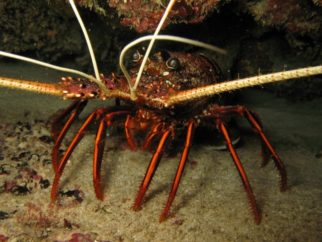 In response to discussion on social media relating to the taking of rock lobster by divers, Recfishwest would like to put forward our position on the matter.
In response to discussion on social media relating to the taking of rock lobster by divers, Recfishwest would like to put forward our position on the matter.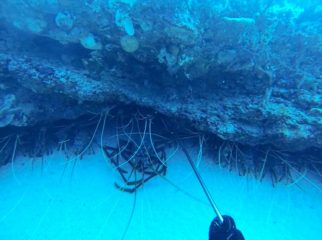 management arrangements for this recreational-only component of the fishery should have significant input from the users themselves.
management arrangements for this recreational-only component of the fishery should have significant input from the users themselves.